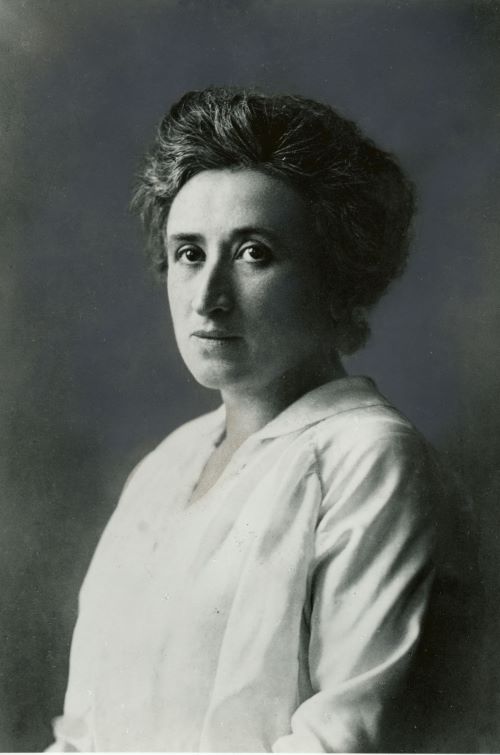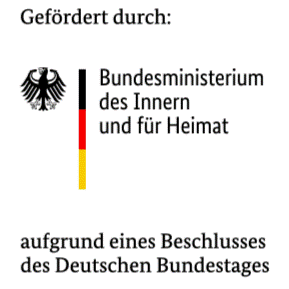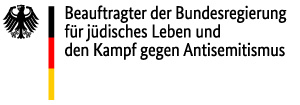Rosa Luxemburg
(born 1871 as Rozalia Luxenburg in Zamość, Congress Poland, Russian Poland/Russian Empire – murdered 1919 in Berlin)
"Freedom is always the freedom of those who think differently."
Rosa Luxemburg felt at home wherever there were clouds and birds and human tears.
At the beginning of the 1920s, Rosa Luxemburg, a Polish Jew, became one of the most important representatives of the European workers’ movement—and a hate figure to right-wing extremists. To this day, she remains an icon to left-wing groups, and a role model of democratic socialism in all parts of the world. Luxemburg sought to free the proletariat and all oppressed minorities from the yoke of an exploitative social order, capitalism. Emancipation, she was convinced, could only come to pass through a radical overthrow of the system, and not through mere reforms. She broke with social democracy, which had played an important role for her in her youth.
Despite her revolutionary stance and radical street-level involvement, Luxemburg was never dogmatic. As a thinker, she remained dynamic and also criticised the ideological hardening and political aberrations pursued in the name of Marxism.
On 15 January 1919, Rosa Luxemburg was murdered together with her comrade Karl Liebknecht in Berlin by members of a Freikorps (volunteer military unit)—shortly after co-founding the Communist Party of Germany.
* Rosa Luxemburg: Zur russischen Revolution, in: Gesammelte Werke, Bd. 4, Berlin 1970.






